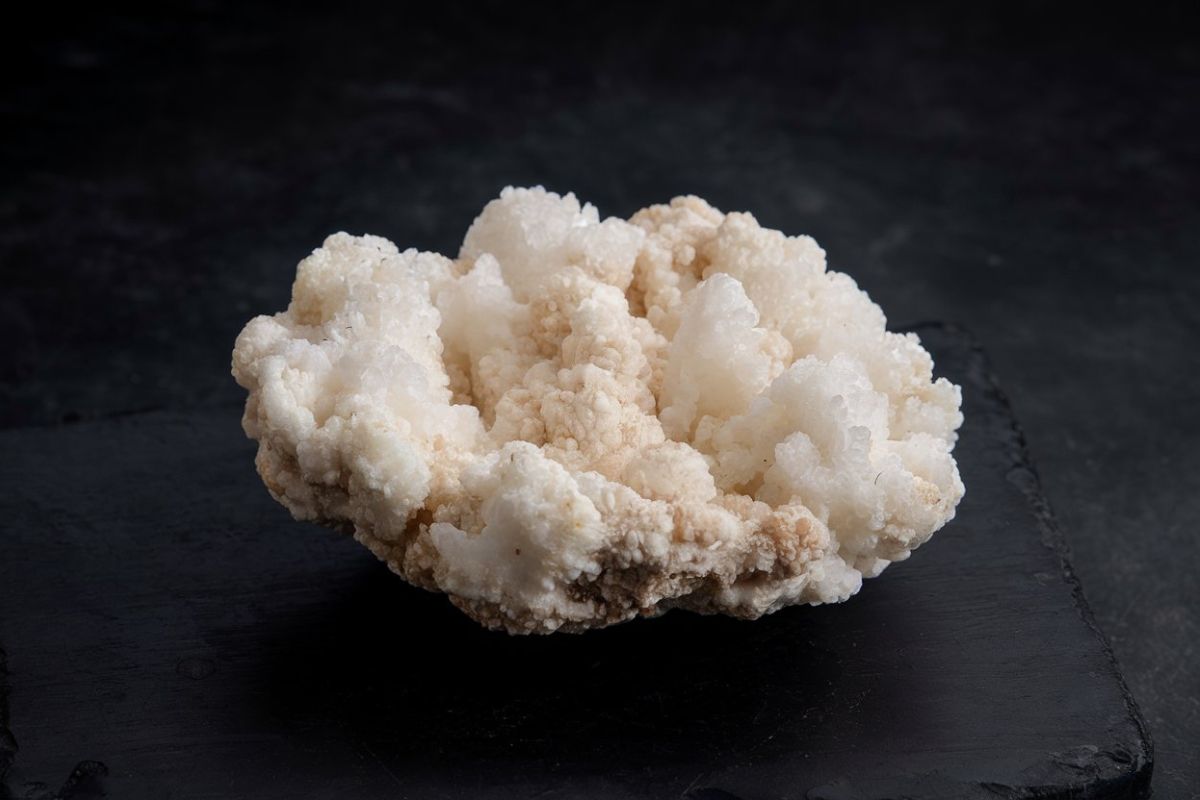
Why is a balanced diet important? A balanced diet is crucial because it provides the essential nutrients your body needs to function properly. It helps maintain a healthy weight, reduces the risk of chronic diseases, and promotes overall well-being. Eating a variety of foods ensures you get a mix of vitamins, minerals, and other nutrients. Think of it as fueling your body with the right mix of ingredients to keep it running smoothly. From fruits and vegetables to proteins and grains, each food group plays a unique role in your health. Skipping out on any of these can lead to deficiencies and health issues. So, let's dive into some interesting facts about balanced diets and how they can benefit you!
Key Takeaways:
- A balanced diet includes fruits, vegetables, protein, dairy, and grains. They provide essential nutrients for a healthy body and should make up half of your plate.
- Eating regular, balanced meals helps maintain energy levels and prevents overeating. Breakfast is an important meal that provides energy for the day.
What is a Balanced Diet?
A balanced diet provides your body with the nutrients it needs to function correctly. It includes a variety of foods in the right proportions. Let's dive into some interesting facts about maintaining a balanced diet.
-
A balanced diet includes five major food groups: fruits, vegetables, protein, dairy, and grains. Each group offers essential nutrients that your body needs.
-
Fruits and vegetables should make up half of your plate. They are rich in vitamins, minerals, and fiber, which help keep your body healthy.
-
Whole grains are better than refined grains. Whole grains contain more nutrients and fiber, which aid in digestion and keep you full longer.
Importance of Protein
Protein is crucial for building and repairing tissues. It also plays a vital role in producing enzymes and hormones.
-
Protein can be found in both animal and plant sources. Meat, fish, eggs, beans, and nuts are all excellent sources of protein.
-
Plant-based proteins are often lower in fat and calories compared to animal proteins. They also provide fiber and other essential nutrients.
-
Eating a variety of protein sources ensures you get all the essential amino acids your body needs.
Role of Dairy in a Balanced Diet
Dairy products are a key source of calcium, which is important for bone health.
-
Dairy products like milk, cheese, and yogurt provide calcium, vitamin D, and protein. These nutrients are essential for strong bones and teeth.
-
Low-fat or fat-free dairy options are healthier choices. They provide the same nutrients as full-fat versions but with fewer calories and less saturated fat.
-
Some people are lactose intolerant and cannot digest dairy products. Alternatives like almond milk, soy milk, and lactose-free products can provide similar nutrients.
Benefits of Healthy Fats
Not all fats are bad. Healthy fats are essential for brain function and energy.
-
Healthy fats can be found in foods like avocados, nuts, seeds, and olive oil. These fats help reduce inflammation and support heart health.
-
Omega-3 fatty acids are a type of healthy fat found in fish, flaxseeds, and walnuts. They are important for brain health and reducing the risk of heart disease.
-
Trans fats and saturated fats should be limited. These unhealthy fats can increase the risk of heart disease and other health problems.
Hydration and Its Importance
Staying hydrated is a crucial part of a balanced diet. Water helps with digestion, nutrient absorption, and temperature regulation.
-
Drinking enough water is essential for overall health. It helps maintain bodily functions and keeps you energized.
-
Water-rich foods like cucumbers, watermelon, and oranges can help you stay hydrated. These foods also provide vitamins and minerals.
-
Sugary drinks and sodas should be limited. They can lead to weight gain and other health issues.
Vitamins and Minerals
Vitamins and minerals are essential for various bodily functions. They help boost the immune system, support growth, and keep cells and organs functioning properly.
-
Vitamin C is important for the immune system. It can be found in citrus fruits, strawberries, and bell peppers.
-
Iron is crucial for making red blood cells. Foods like spinach, red meat, and lentils are rich in iron.
-
Calcium and vitamin D work together to keep bones strong. Dairy products, leafy greens, and fortified foods are good sources.
The Role of Fiber
Fiber is important for digestive health. It helps keep the digestive system running smoothly and can prevent constipation.
-
Fiber can be found in fruits, vegetables, whole grains, and legumes. It helps you feel full and satisfied.
-
A high-fiber diet can help reduce the risk of heart disease, diabetes, and certain cancers.
-
Soluble fiber, found in oats and beans, helps lower cholesterol levels. Insoluble fiber, found in whole grains and vegetables, helps with digestion.
Portion Control
Eating the right amount of food is just as important as eating the right kinds of food.
-
Portion control helps prevent overeating and weight gain. Using smaller plates and measuring portions can help.
-
Mindful eating involves paying attention to what and how much you eat. It can help you make healthier choices and enjoy your food more.
-
Eating slowly and savoring each bite can help you recognize when you are full. This can prevent overeating.
The Impact of Processed Foods
Processed foods often contain added sugars, unhealthy fats, and sodium. They can contribute to various health problems.
-
Processed foods should be limited in a balanced diet. They often lack essential nutrients and can lead to weight gain and other health issues.
-
Reading food labels can help you make healthier choices. Look for foods with fewer ingredients and less added sugar and sodium.
-
Cooking at home allows you to control the ingredients and make healthier meals. It can also be a fun and rewarding experience.
The Importance of Regular Meals
Eating regular meals helps maintain energy levels and prevents overeating.
-
Skipping meals can lead to overeating later in the day. Eating regular, balanced meals helps keep your metabolism steady.
-
Breakfast is an important meal. It provides energy for the day and can help improve concentration and performance.
The Final Bite
Eating a balanced diet isn't just about counting calories or avoiding certain foods. It's about making sure your body gets the right mix of nutrients to stay healthy and strong. Including a variety of fruits, vegetables, whole grains, proteins, and healthy fats can make a huge difference in how you feel every day. Remember, moderation is key. You don't have to give up your favorite treats, just enjoy them in smaller amounts. Drinking plenty of water and staying active also play a big role in maintaining a balanced diet. Small changes in your eating habits can lead to big improvements in your overall health. So, next time you plan a meal, think about how you can make it more balanced. Your body will thank you!
Frequently Asked Questions
Was this page helpful?
Our commitment to delivering trustworthy and engaging content is at the heart of what we do. Each fact on our site is contributed by real users like you, bringing a wealth of diverse insights and information. To ensure the highest standards of accuracy and reliability, our dedicated editors meticulously review each submission. This process guarantees that the facts we share are not only fascinating but also credible. Trust in our commitment to quality and authenticity as you explore and learn with us.


